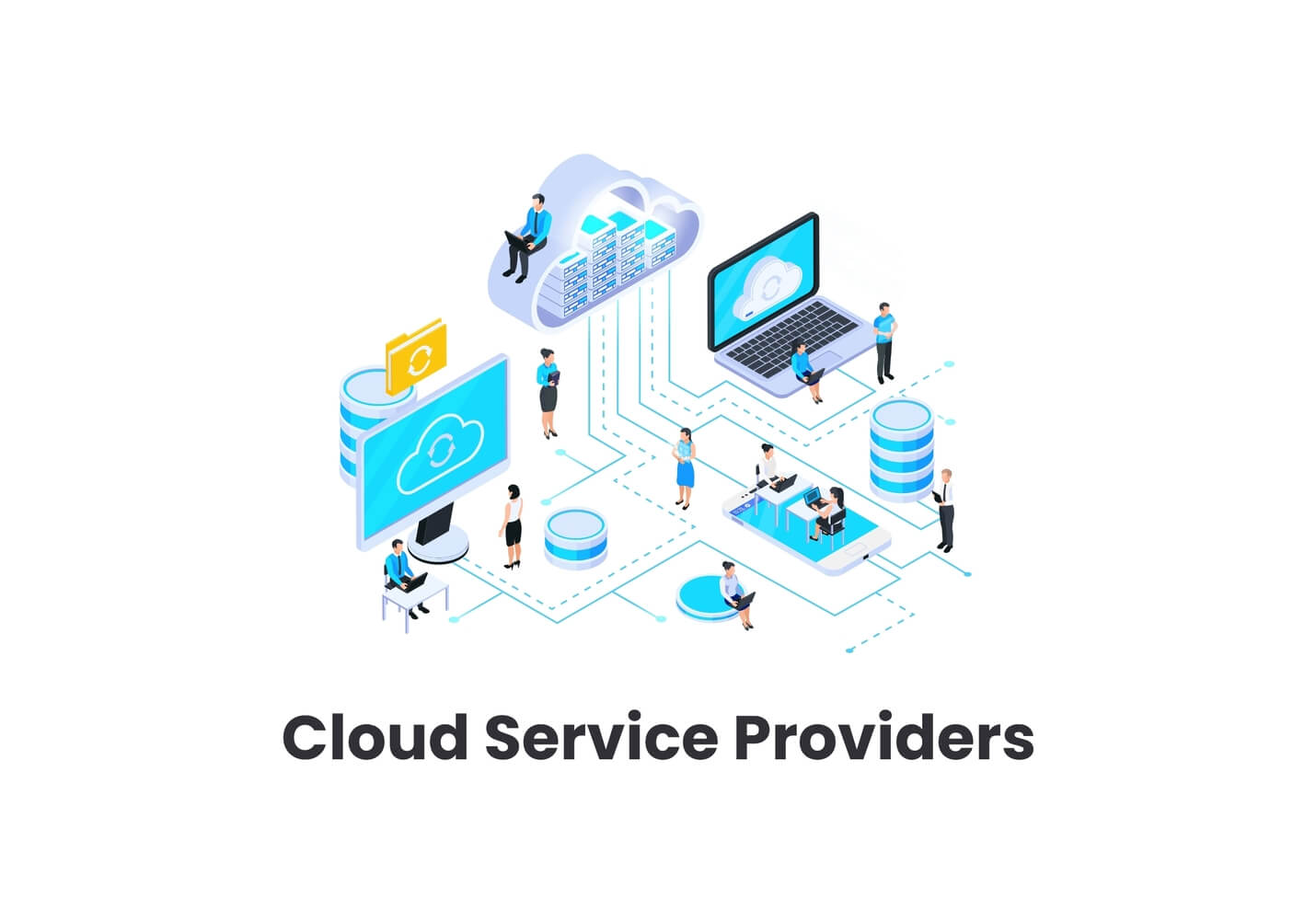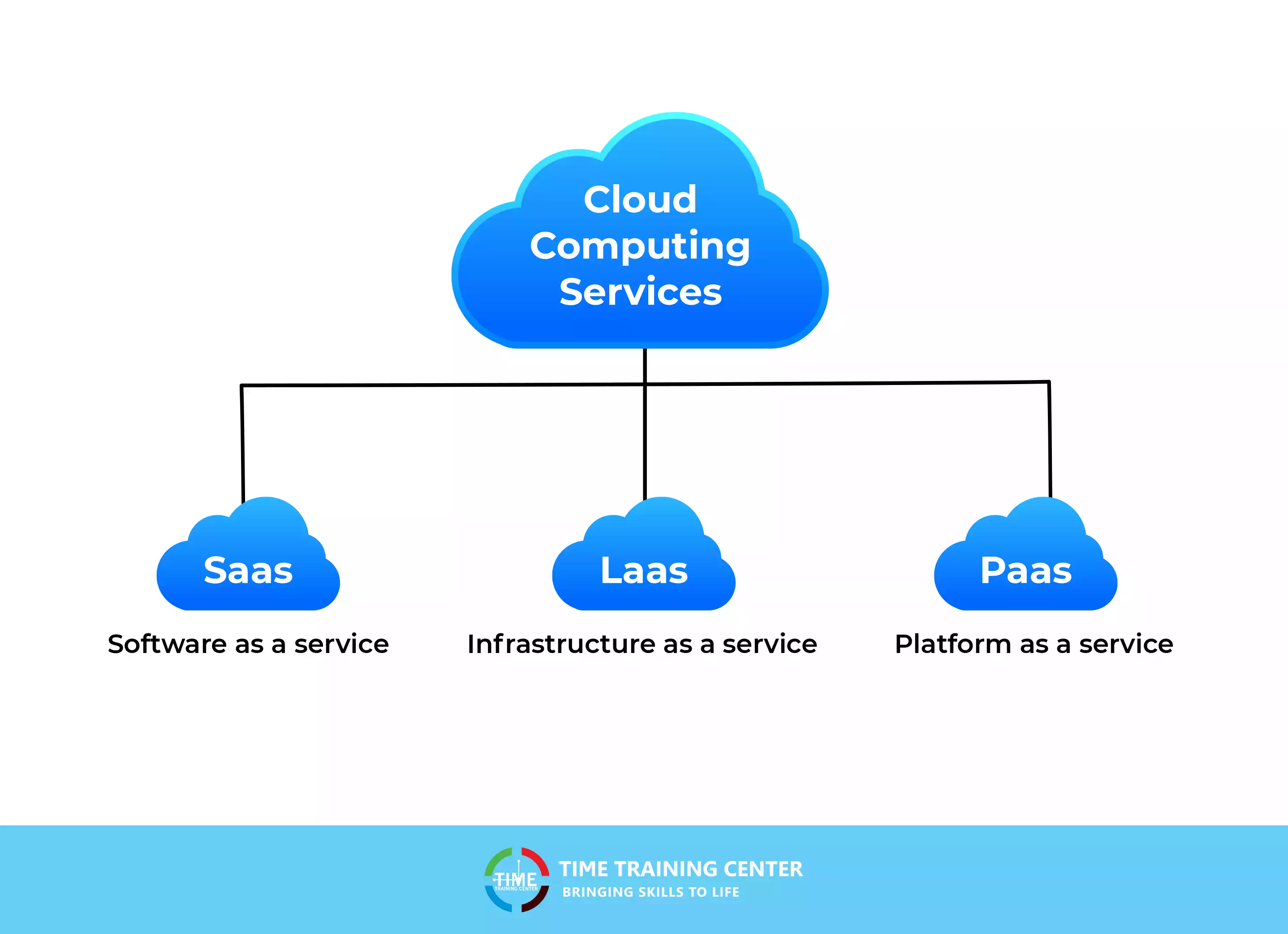Take Advantage Of Cloud Provider for Enhanced Information Security
Leveraging cloud services presents an engaging solution for companies looking for to fortify their information safety and security measures. The question emerges: just how can the utilization of cloud services reinvent data safety and security methods and offer a durable shield versus prospective susceptabilities?
Relevance of Cloud Protection
Guaranteeing robust cloud protection procedures is vital in safeguarding delicate data in today's digital landscape. As companies increasingly depend on cloud services to store and process their data, the demand for strong security protocols can not be overemphasized. A violation in cloud safety can have severe repercussions, ranging from monetary losses to reputational damages.
Among the main reasons cloud safety is vital is the shared responsibility version utilized by most cloud provider. While the provider is in charge of protecting the framework, clients are accountable for protecting their information within the cloud. This department of obligations underscores the significance of carrying out durable safety and security actions at the customer degree.
Furthermore, with the expansion of cyber risks targeting cloud atmospheres, such as ransomware and data breaches, companies must remain alert and aggressive in mitigating risks. This includes on a regular basis updating safety procedures, monitoring for dubious tasks, and educating workers on best practices for cloud safety and security. By prioritizing cloud safety and security, companies can much better protect their sensitive information and promote the count on of their consumers and stakeholders.
Information Security in the Cloud

File encryption in the cloud typically includes making use of cryptographic algorithms to scramble data into unreadable styles. This encrypted information can just be decoded with the equivalent decryption key, which includes an added layer of protection. Additionally, many cloud company provide file encryption systems to secure data at rest and en route, improving overall data protection. Executing durable encryption practices together with other safety and security procedures can dramatically strengthen a company's protection versus cyber threats and safeguard valuable information kept in the cloud.
Secure Data Backup Solutions
Data back-up options play a crucial function in ensuring the strength and safety of information in the event of unexpected incidents or data loss. Safe data backup remedies are necessary parts of a robust data safety and security technique. By regularly supporting data to protect cloud web servers, companies can mitigate the threats associated with data loss because of cyber-attacks, equipment failures, or human error.
Executing safe and secure information backup services includes picking trustworthy cloud service providers that use encryption, redundancy, and information integrity procedures. Furthermore, data integrity checks guarantee that the backed-up information stays tamper-proof and unaltered.
Organizations needs to develop automated backup routines to make sure that data is regularly and effectively supported without hand-operated treatment. When needed, normal screening of data reconstruction processes is likewise important to ensure the effectiveness of the backup services in recuperating data. By investing in secure information backup solutions, organizations can improve their information safety and security posture and decrease the effect of prospective data breaches or disruptions.
Function of Access Controls
Executing strict access controls is imperative for keeping the protection and integrity of delicate info within organizational systems. Access controls offer as an important layer of defense versus unapproved access, guaranteeing that only accredited people can check out or manipulate sensitive data. By specifying who can accessibility particular resources, companies can limit the danger of here information breaches and unapproved disclosures.

Regularly updating and reviewing access controls is important to adjust to business modifications and evolving safety and security threats. Continual tracking and auditing of gain access to logs can aid detect any kind of questionable activities and unauthorized gain access to attempts promptly. On the whole, robust access controls are basic in securing sensitive info and mitigating safety and security threats within organizational systems.
Conformity and Rules
Consistently making certain compliance with relevant laws and requirements is vital for organizations to promote data safety and personal privacy actions. In the world of cloud services, where information is often kept and refined externally, adherence to industry-specific laws such as GDPR, HIPAA, or PCI DSS is important. linkdaddy cloud services press release.
Cloud provider play a crucial function in helping organizations with conformity initiatives by providing services and functions that straighten with different governing needs. As an example, numerous service providers provide security abilities, gain access to controls, and audit routes to assist organizations meet data safety criteria. Additionally, some cloud services go through regular third-party audits and accreditations find more info to demonstrate their adherence to sector laws, offering included assurance to organizations seeking certified services. By leveraging compliant cloud solutions, organizations can boost their information safety stance while satisfying regulative responsibilities.
Verdict
In verdict, leveraging cloud solutions for enhanced data safety and security is necessary for companies to shield delicate details from unapproved accessibility and potential violations. By applying robust cloud security methods, including data encryption, secure back-up options, access controls, and conformity with regulations, companies can take advantage of sophisticated safety and security procedures and proficiency offered by cloud solution companies. This assists alleviate risks properly and makes certain the discretion, honesty, and schedule of information.

Information backup remedies play an essential function in ensuring the strength and protection of data in the occasion of unanticipated occurrences or data loss. By routinely backing up information to secure cloud servers, organizations can reduce the dangers linked with information loss due to cyber-attacks, hardware failures, or human error.
Carrying out safe information backup solutions includes picking trusted cloud solution companies that offer encryption, redundancy, and information stability steps. By investing in secure data backup options, organizations can improve their data security stance and lessen the impact of possible data breaches or disruptions.